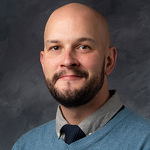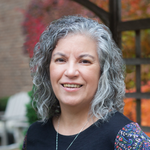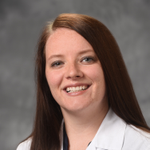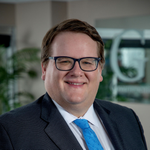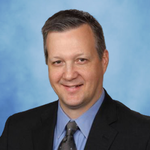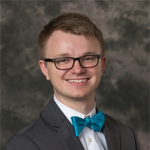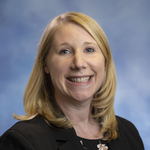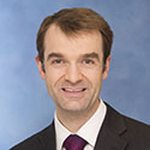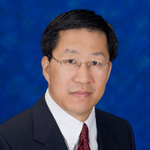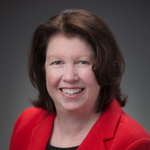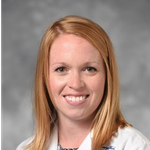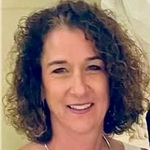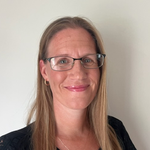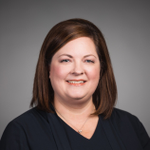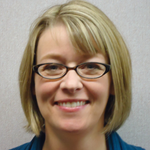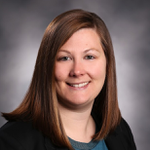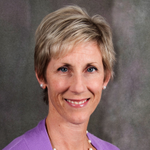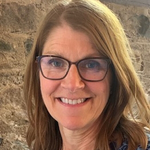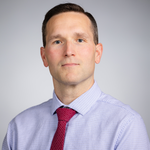- Registration and Continental Breakfast
Registration - Get nametag, familiarize yourself with app and location, networking
- Opening Session
Welcome from the Board and Updates from the Conference Co-Chairs
- Music and Hearing Aids
Erik JorgensenHearing aids were designed for speech, and for good reason; for most listeners, speech is the most important acoustic signal in daily life. However, other types of signals, particularly music, can be important in a listener's life as well. Processing music in hearing aids presents some major challenges. In this talk, the acoustics of music and what makes it different than speech are discussed. Then, the key reasons why hearing aids do not often process music well are reviewed, drawing evidence from the relevant literature. Finally, practical tips for improving music listening with hearing aids are presented..
Instructional Level: Intermediate
Learner Outcomes:
Following this presentation, participants will be able to:
1. Describe the basics of musical acoustics and the challenges for hearing aid processing.
2. Describe common problems hearing aid users encounter while listening to music through hearing aids.
3. Describe practical tips to improve enjoyment of music while listening through hearing aids. - The Business Case for Unbundling
Erica PersonThe last 10 years is littered with examples of industries that have implemented unbundling models. The presentation is designed for the practitioner who is considering offering an unbundled model to their patients. We will cover common misconceptions about unbundling and why the data does not support it. We will take an in depth look at the financials and growth of Flex Audiology over the span of 5 years.
Instructional Level: Intermediate
Learner Outcomes:
Following this presentation, participants will be able to:
1. Understand the benefits of unbundling services in an audiology practice and why unbundling is gaining traction
2. List three common myths related to unbundling of services
3. Learn 3 key strategies for developing an unbundled model. - Lunch
- Managing Managed Care
Kim CavittThis course will provide tips on effective insurance verification, coding, billing, and claims management in an audiology practice, including Medicare, Michigan Medicaid, and state specific medical and coverage policies.
Instructional Level: Advanced
Learner Outcomes:
Following this presentation, participants will be able to:
1. Outline the procedures when the Medicare use of the AB modifier is appropriate.
2. Distinguish between health plans whose hearing aid benefits are typically processed through a third-party network.
3. List the requirements of common medical and coverage policies.. - Poster Session
Jana Al Jurdi•Kacy Hooten•Gerilyn Jones•Lindsay Koberna•Julie Steele•Ryan WehbyPoster sessions (CEUs are Not available). Posters will be on display all day in the Great Lakes Room. The authors will be available for questions & discussion from 3:15 to 4:30.
- In-lab and real-world perspectives on advancements in hearing aid technology. (Hooten & Wehby)
- Real-world Hearing Experience and Usability of a New Sound Processor: A Multi-national Survey (Steele)
- Impact of acute impairment on adaptive head movements individuals with single-sided hearing loss (Jones)
- Hearing Loss and Sickle Cell Disease in the Middle East: A Closer Look at Beta Thalassemia (Jurdi)
- Say What? No-Cost Hearing Aid Cleaning Clinics for the Community (Koberna)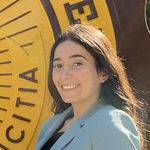
Jana Al Jurdi
Audiology Doctoral Student at Central Michigan University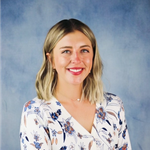
Kacy Hooten
Account Manager at Phonak
Gerilyn Jones
Research Audiologist/Postdoctoral Research Fellow at University of Michigan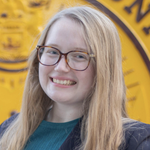
Lindsay Koberna
Doctor of Audiology Student at Central Michigan University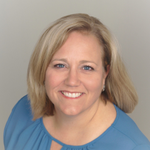
Julie Steele
Advanced Bionics
Ryan Wehby
Account Manager at Phonak
- KEYNOTE: Legislative Issues in Audiology
Chelsea Conrad•Bob DeVriesThis session will provide information on effective advocacy for audiologists at the state level. Legislative Committee Member, Chelsea Conrad and MAC Lobbyist, Bob DeVries, will provide tips and suggestions on how to have a successful meeting with state legislators. Information on current legislative initiatives will be reviewed including establishment of audiologists as the recognized experts in hearing health care as well as efforts to increase attention and testing for Cytomegalovirus (CMV) in the state of Michigan. Attendees will also learn about opportunities to join in legislative efforts in their local communities.
Instructional Level: Beginner
Learner Outcomes:
Following this presentation, participants will be able to:
1. Develop an “elevator speech” to share issues with legislators
2. Describe at least one legislative initiative important to audiology practice in Michigan.
3. Understand how to contribute to legislative efforts in their local community. - Mingle with Exhibitors
- Give Back to MAC • ADDITIONAL TICKET REQUIRED
Join us for a night of fun and fundraising following the conference keynote speaker on Thursday evening at Beggar's Banquet in East Lansing. The event will include drinks, appetizers, music, exclusive silent auction items, a 50/50 raffle, and wine tasting with Wines for Humanity.
Proceeds of the event will go to fund lobbying costs and ensure continued legislative representation for the profession of audiology in the state of Michigan.
- Registration and Continental Breakfast
- The Use of Machine Learning Techniques to Manage and Assess Dizzy Patients.
Devin McCaslinFailures of care coordination and ineffective treatments waste more than $175 billion in the USA alone. One of the most challenging problems is matching the right clinician to the right patient at the right time. Dizziness and vertigo exemplify this problem. Symptoms may be caused by illnesses that cross multiple medical specialties, requiring evaluations by well-coordinated teams of experts to achieve the best clinical outcomes. This presentation provides an review of a large project to automate and optimize scheduling of multi-disciplinary consultations for patients with dizziness using machine learning techniques.
Instructional Level: Beginner
Learner Outcomes:
Following this presentation, participants will be able to:
1. Discuss how intelligent algorithms can be applied to the automated triage of dizzy patients.
2. Explain the process of how to train and validate a machine learning algorithm
3. Describe the effectiveness of a commercial algorithm on automated triage of dizzy patients. - Inserting OTC's in your practice without Dispensing OTC's
Julie Duensing•Alexis NadlerWith OTC's prevalence, practice owners need to decide how they will fit these new offerings into their clinical setting. Establishing policies and procedures consistent with each practies approach is needed. This presentation will provide information on how two clinical practices are navigating OTCs.
Instructional Level: Beginner
Learner Outcomes:
Following this presentation, participants will be able to:
1. Discuss strategies for counseling patients on OTCs vs traditional hearing aids
2. Develop marketing stratgies related to OTC
3. Develop strategies to maintain a hearing aid practice without offering OTC - Membership Meeting and Lunch
- Top to OtoM: Comprehensive Ototoxicity Management for Known and Emerging Agents
Riley DebackerThis talk will briefly review the common causes of ototoxicity, factors that can modulate ototoxic risk, and highlight the audiologist’s important role in monitoring and advocating for these patients. In addition to well-documented ototoxic agents like chemotherapeutics and antibiotics, we will review emerging evidence around the ototoxic effects of other compounds like opioids and antiretrovirals. Given the broadening implications of use for these drugs as HIV prophylaxis and in treating COVID-19, it is important for audiologists to be aware of reported effects of these drugs on hearing and balance. This presentation will include a review of current clinical and translational literature with suggestions for identifying, monitoring, and referring at-risk patients. Participants will also review essential elements of ototoxic monitoring protocols, including highly sensitive screening tools to validate patient reported outcomes.
Instructional Level: Advanced
Learner Outcomes:
Following this presentation, participants will be able to:
1. Identify common ototoxic drug names and elements of a case history that would indicate likely use.
2. Describe current research findings of auditory and vestibular symptoms following ototoxic
3. Implement ototoxicity management practices for auditory surveillance of at-risk patients. - Comprehensive Evaluation and Management of Vestibular Schwannoma
Crystal Pitts•Chris WelchExperienced providers from Michigan Medicine will detail the patient journey from identification through intervention for vestibular schwannomas. This series will provide an overview of diagnostic auditory and vestibular evaluations relevant to vestibular schwannomas as well as medical and surgical management of these tumors from the perspective of a neurotologist.
Instructional Level: intermediate
Learner Outcomes:
Following this presentation, participants will be able to:
1. Describe at least two suspicious findings on an audiogram for retrocochlear pathology.
2. Identify at least one test finding that may lead to a poor prognosis for hearing preservation.
3. Describe the three primary treatment options for patients with vestibular schwannoma.
